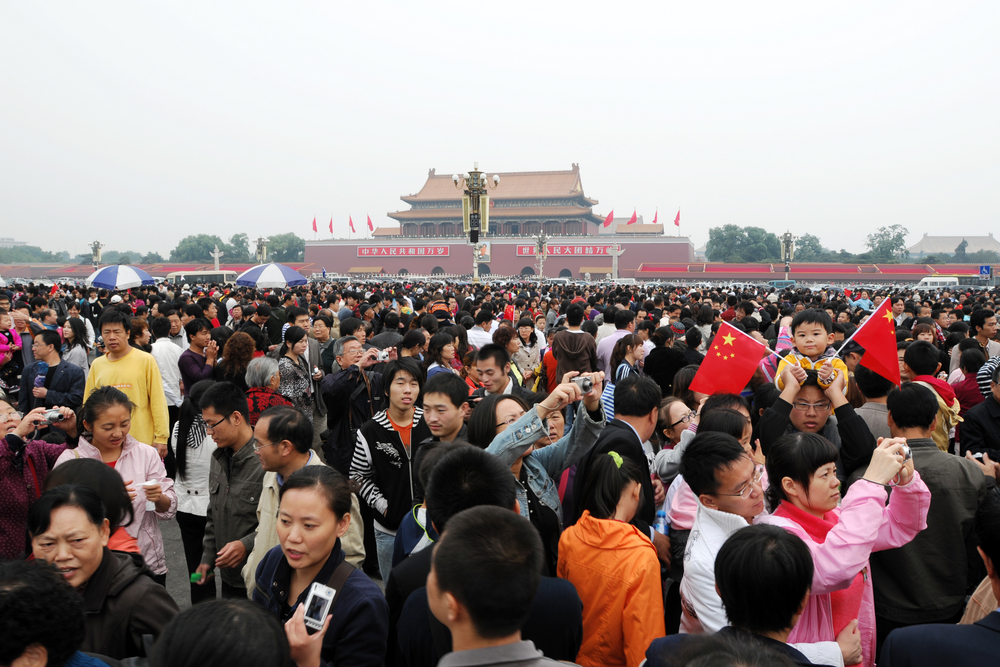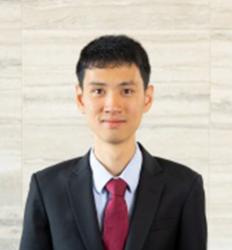Last month, China announced that it would allow couples to have up to three children, an increase from the two children allowed per couple previously. Prior to 2016, China had a one-child policy, which was instituted in 1980 and enforced by the National Health and Family Planning Commission. It legally restricted most couples to only one birth, with some notable exceptions. For example, rural families were allowed to have two children if the first was a girl, and urban families were allowed to have a second child if the parents were both single children.
As many nations became concerned with population growth in the 1970s, China initially reacted by initiating a “Late, Long, and Few” birth control campaign, which cut its fertility rate by half from 1970 to 1976. However, the fertility rate eventually leveled off after this dramatic decrease. With a population still battling food shortages, Deng Xiaoping, who was under pressure to establish legitimacy having recently inherited the leadership of China from Mao Zedong, formalized and introduced the one-child policy in order to control the quickly growing population of China, which was almost 1 billion at the time. The problem with China’s draconian population control policy is that it attacks the human person’s intrinsic dignity based on his identity as a creature made in the image and likeness of God. This approach also fails to alleviate impoverished conditions. As Acton Senior Research Fellow Michael Mattheson Miller points out, such thinking is based on the fallacy that the economy is a zero-sum game, in which more people means less wealth to go around. But wealth can grow – and more humans can equal more wealth creation and more poverty alleviation. There’s a reason God commanded Christians to “be fruitful and multiply” (Genesis 1:28).
By enforcing the one-child policy, the Chinese government committed various human rights violations, including forced late-term abortions and sterilizations. In addition to violating the dignity of the human person in these ways, several demographic issues have arisen. For instance, gender imbalance emerged due to the preference for sons, which led to an increase in female babies being killed, abandoned, and placed in orphanages. In 2016, there were 33.59 million more men than women in China. Oftentimes, many families who violated the one-child policy had undocumented children, creating struggles for these children in obtaining an education or job. The fertility rate, birth rate, and rate of natural increase (the birth rate subtracted by the death rate) all declined as a result of China’s policy. This explains China’s rapidly aging population. China’s median age was recorded at 32 years in 2005 but is estimated to be about 45 years by the year 2050. This has disastrous implications for the Chinese workforce. The ratio between working aged adults and retired individuals in China was 6 to 1 in 2007. That ratio is expected to reduce to 2 to 1 by 2040. These statistics give an indication of the possible reasons China is now allowing couples to have up to three children.
A Chinese Communist Party governing body said on May 31 that “implementing the [three child] policy and its relevant supporting measures will help improve China’s population structure, actively respond to the aging population, and preserve the country’s human resource advantage.” Chinese society is now aging faster than it can churn out new workers, threatening bankruptcy of state pension funds. The demographics have shifted so much that the country’s own Central Bank has recommended allowing the Chinese people to have as many children as they want. According to some reports, this may be official law as soon as 2025.
China’s grand population experiment has proved an exercise in the futility of massive state overreach into people’s lives, which inevitably yield unintended consequences worse than the problems big government intended to solve in the first place.

